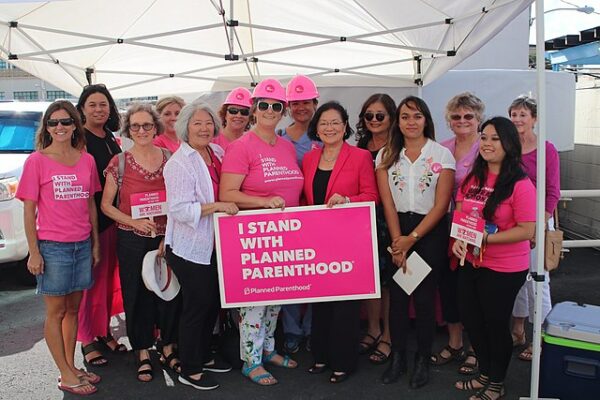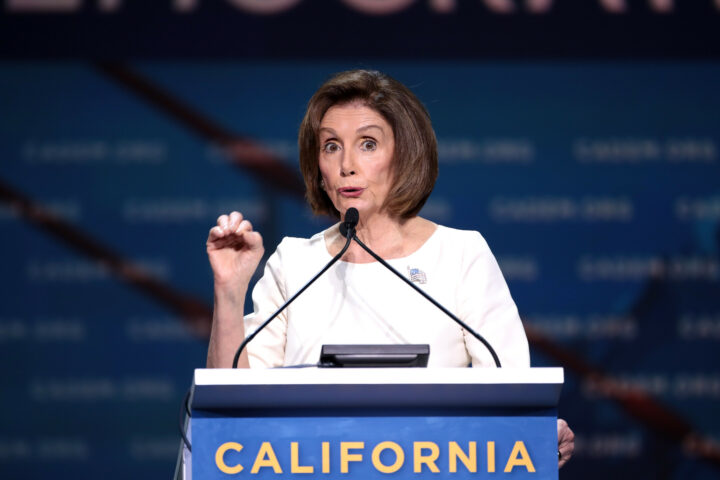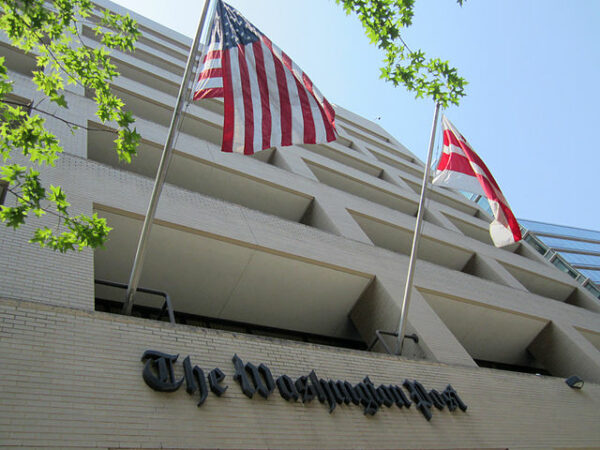In a landmark decision with far-reaching implications for public healthcare and state sovereignty, the U.S. Supreme Court ruled Thursday that Medicaid recipients lack the legal standing to sue states over restrictions on their choice of healthcare providers. The 6–3 decision, authored by Justice Neil Gorsuch, hands a significant victory to South Carolina and other Republican-led states seeking to sever ties with Planned Parenthood.
At issue was a 2018 executive order from South Carolina Governor Henry McMaster that barred Planned Parenthood South Atlantic from serving Medicaid patients. Although the organization provides a broad range of family planning and preventive services, the state argued that any association with abortion—even indirect—undermines its commitment to pro-life principles. The order triggered a legal challenge from Medicaid patient Julie Edwards and Planned Parenthood, who contended that federal law guarantees enrollees the freedom to select their own qualified provider.
The high court disagreed, reports NBC News.
Writing for the majority, Gorsuch stated that Congress never explicitly granted Medicaid beneficiaries the right to enforce provider-choice protections through private lawsuits. “Congress knows how to create enforceable rights,” he wrote, concluding that nothing in the statute gives rise to the kind of judicial remedy Edwards and Planned Parenthood sought.
The ruling effectively nullifies earlier lower-court decisions that had sided with the plaintiffs. It also weakens the force of the 1871 Civil Rights Act—a post-Civil War statute long used as a legal mechanism to sue state governments for civil rights violations. In a vigorous dissent, Justice Ketanji Brown Jackson, joined by Justices Sonia Sotomayor and Elena Kagan, warned that the decision “invites states to trample Medicaid patients’ rights with impunity.”
Supporters of the ruling framed it as a triumph for state authority and fiscal discretion. Governor McMaster praised the decision as a victory for the sanctity of life, while John Bursch of Alliance Defending Freedom, who represented the state, said taxpayers should not be forced to subsidize organizations that perform abortions, even indirectly.
The broader political context looms large. Since the Court overturned Roe v. Wade in 2022, states like South Carolina have adopted strict abortion laws, including a six-week ban. Thursday’s ruling signals to those states that they may also restrict provider access without fear of judicial oversight—so long as Congress remains silent.
Eighteen states joined South Carolina in urging the Court to limit Medicaid patients’ legal remedies. With the precedent now set, others are likely to follow, potentially redrawing the map of reproductive health access for low-income Americans nationwide.
[Read More: Exiled Prince Wants To Return]











Victory finally